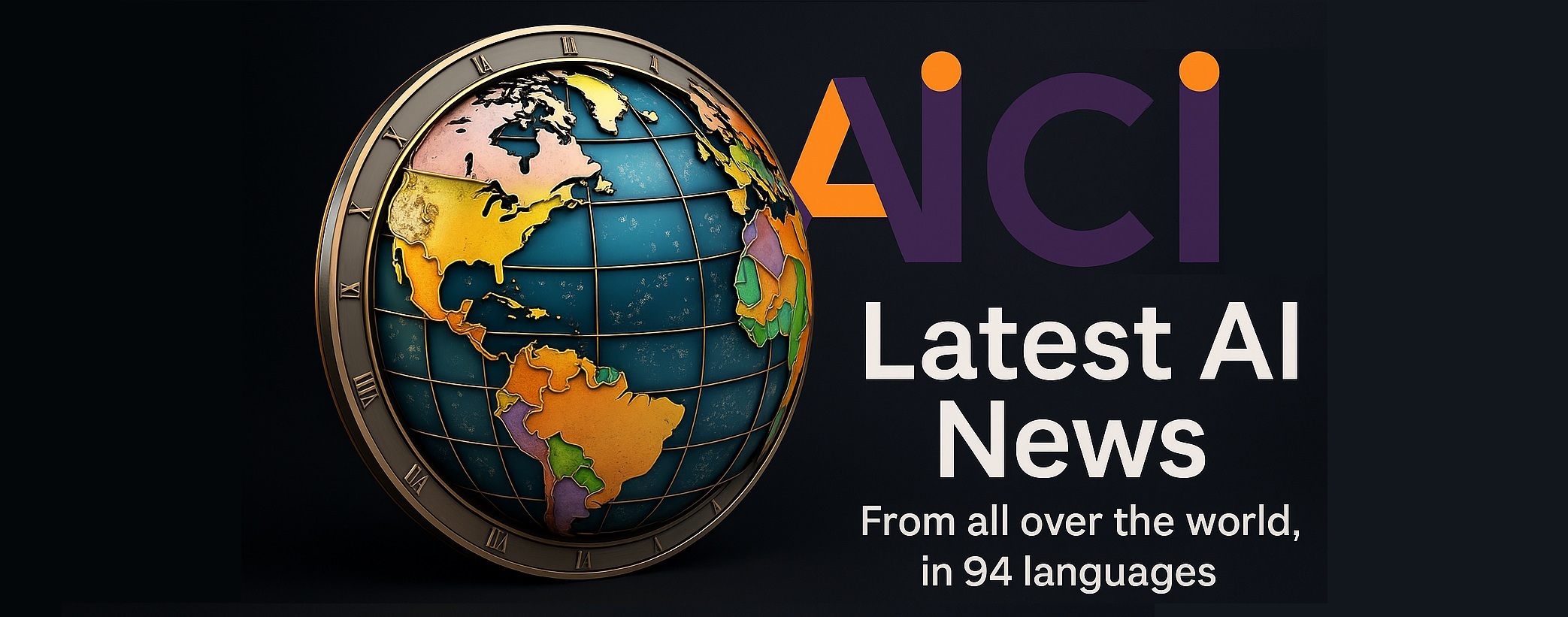August 8, 2025 - The US Food and Drug Administration has granted marketing authorisation to EchoNext, an artificial intelligence system that detects structural heart disease from standard electrocardiograms. Developed through a collaboration between Columbia University Irving Medical Center, NewYork-Presbyterian Hospital, and the Montreal Heart Institute, this tool promises to expand cardiac screening access to underserved communities where echocardiography is scarce. Clinical trials showed it identifies conditions like valve disorders with 85.2% AUROC, outperforming cardiologists in initial assessments by a significant margin.
EchoNext analyses over 1 million ECG-echocardiogram pairs to spot subtle patterns invisible to the human eye, generating risk scores that flag patients needing urgent specialist review. Dr. Sarah Lin, chief cardiologist at NewYork-Presbyterian, noted in the clearance announcement: 'During our prospective trial, EchoNext identified undiagnosed structural heart disease in 73% of high-risk patients, compared to just 6% in low-risk groups.' NewYork-Presbyterian's press release confirms the system will initially deploy across 200 primary care clinics in New York and Quebec, targeting early intervention for the estimated 37 million undiagnosed cases globally through its explainable AI framework.
This approval accelerates the integration of machine learning into frontline healthcare, addressing critical physician shortages while raising nuanced questions about algorithmic accountability in life-or-death decisions. It arrives as the World Health Organization finalises global standards for medical AI, emphasising transparent validation across diverse populations—a challenge EchoNext partially met through multi-centre trials showing consistent performance across ethnicities and clinical settings.
Our view: EchoNext exemplifies AI's potential to democratise specialist care, yet its long-term success depends on careful implementation that complements rather than replaces clinical judgement, ensuring technology serves as a scalpel rather than a blunt instrument in the hands of practitioners navigating the delicate balance between efficiency and human oversight.

beFirstComment